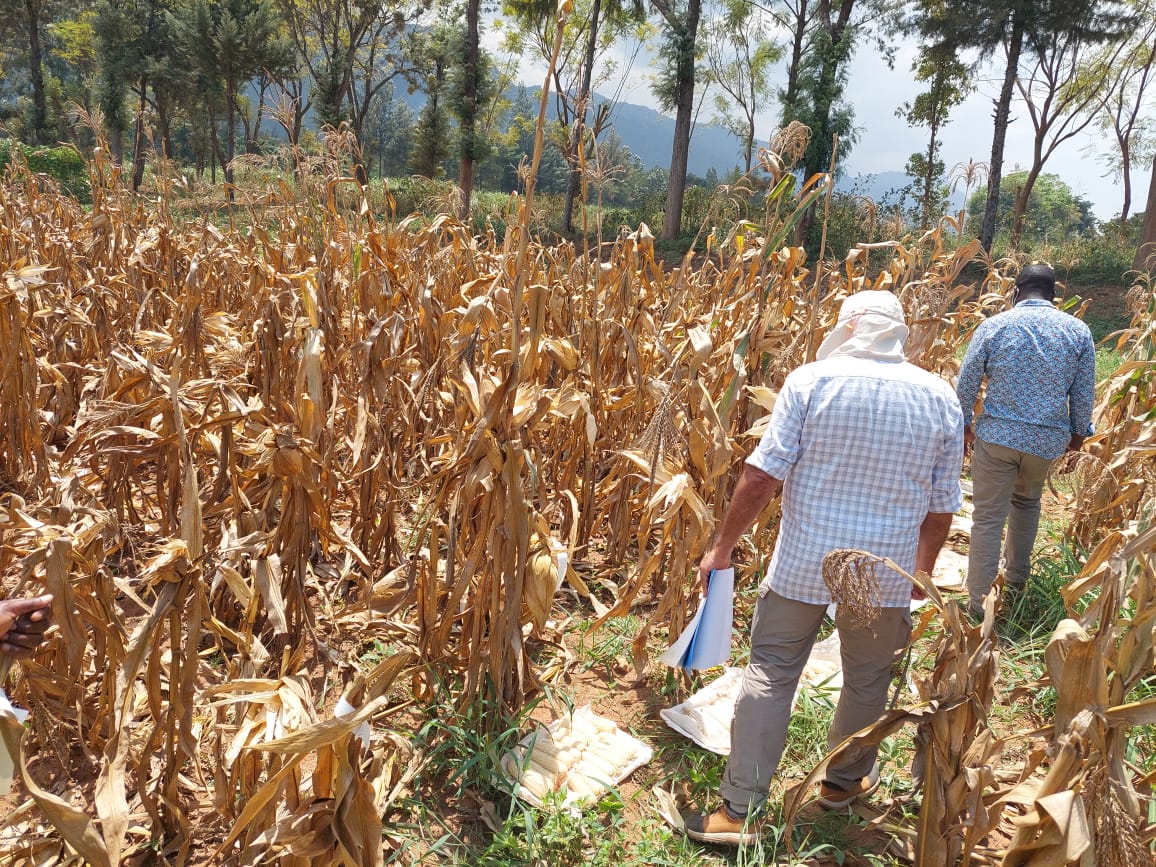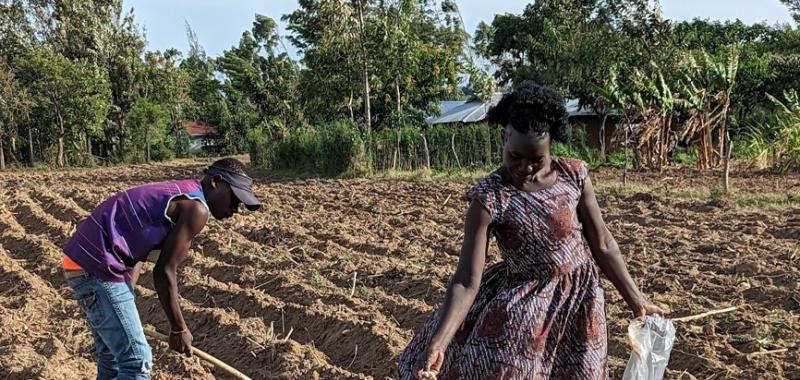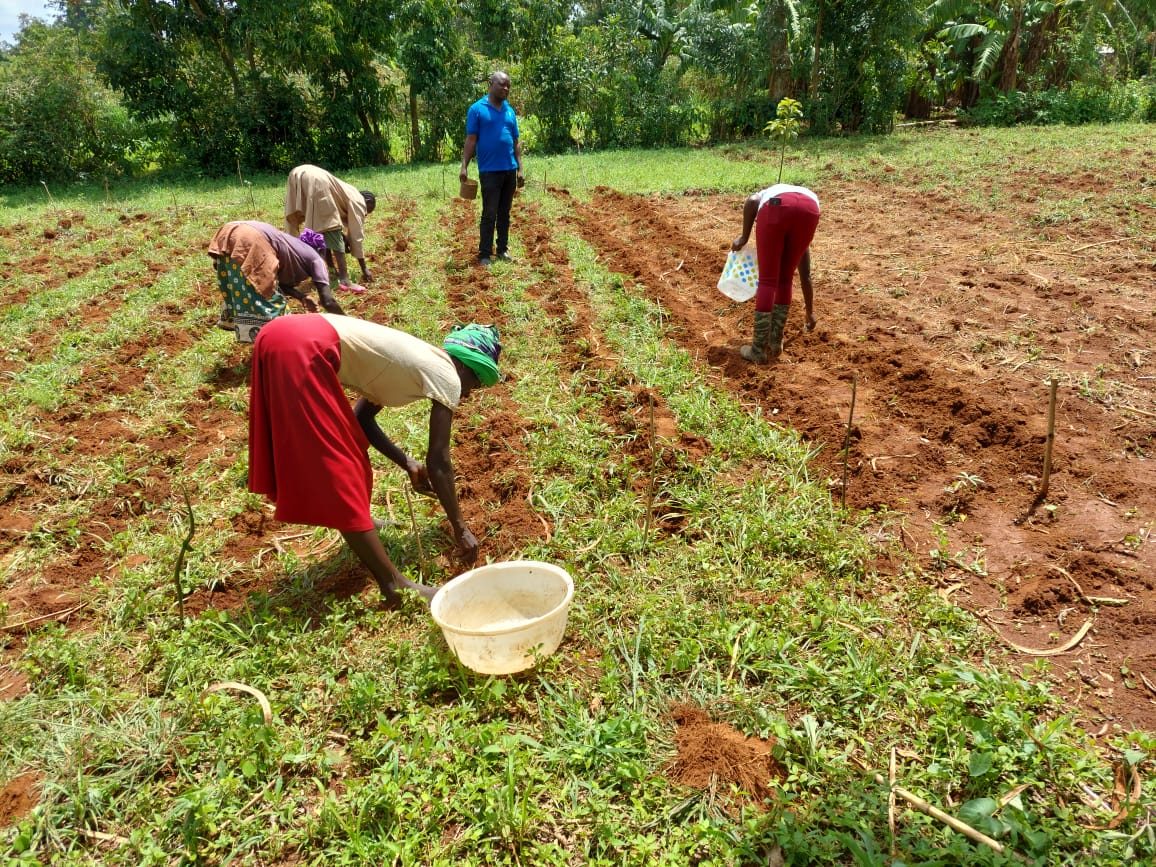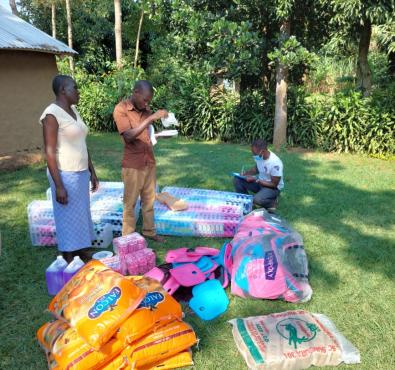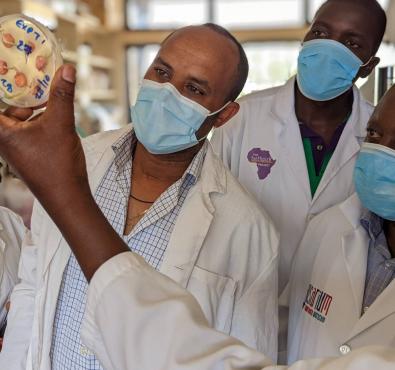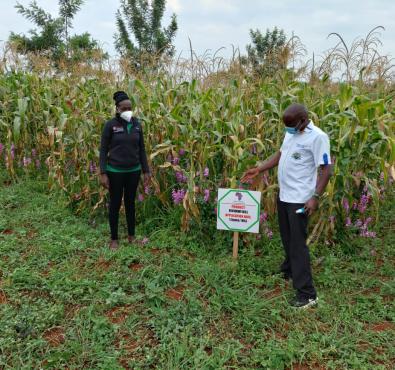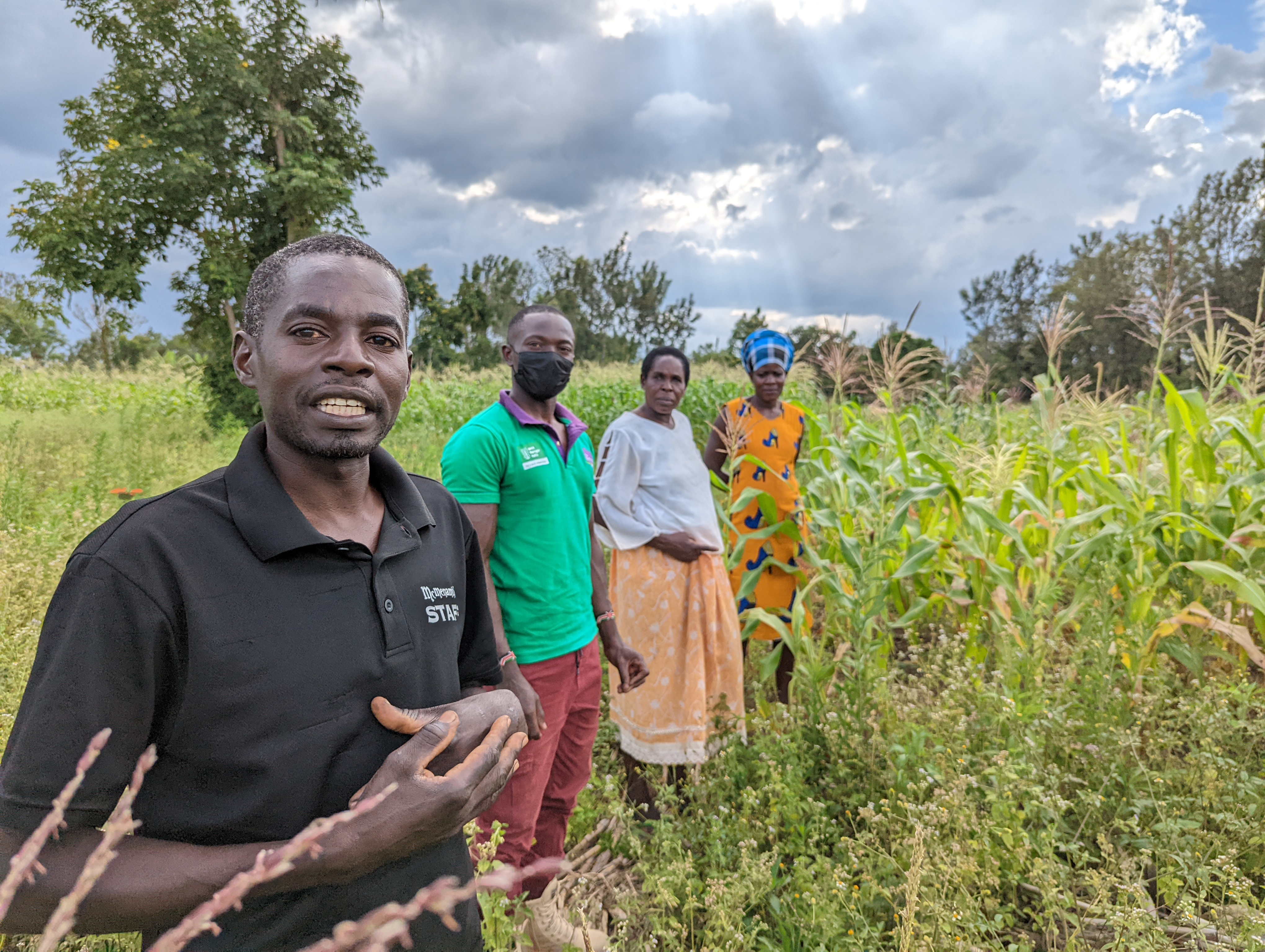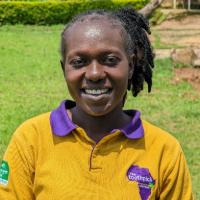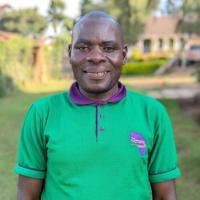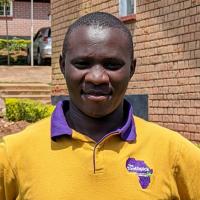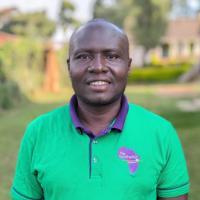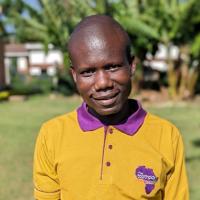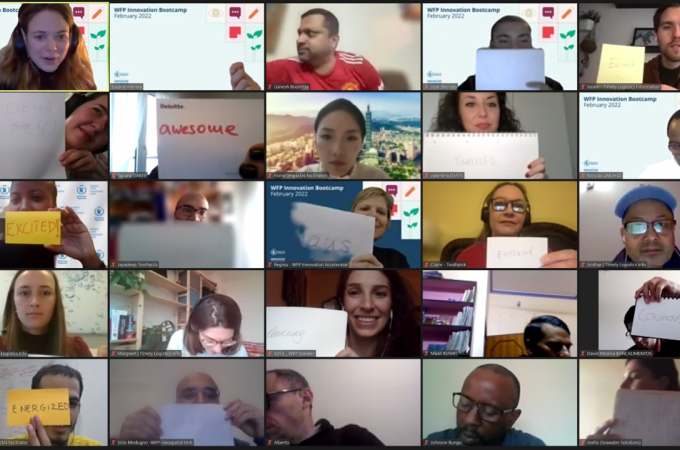Toothpick’s bio-herbicide technology is one of the first commercialized bio-herbicides in the world. The novel innovation’s initial target weed is the menacing Striga (witchweed), with the pilot social enterprise in Kenya. When a farmer loses 20-100 percent of their yield to this devastating weed, using the Kichawi Kill bioherbicide to restore their crop yield breathes new life into their farm, providing food security and income.
Using strains of a locally sourced fungus selected for inhibitory amino acid excretion, the innovation is safe, effective, affordable, host-specific, and environmentally friendly. The original version of the product was delivered to farmers on toothpicks, hence the name ‘Toothpick’. In June 2023, an exciting new seed coating product was approved, providing the product for a lower price with a longer shelf-life and a simpler distribution system. The company is currently operating in Kakamega, Kisumu, Bungoma, Busia, Siaya, HomaBay, and Migori Counties in Western and Nyanza, Kenya.
Impact:
- The number of farmers who adopted Kichawi Kill increased from 2,424 to 4,363 in 2023.
- The price of seed treatment for a 2kg bag of maize seed is 400 KES ($US 2.75). Farmers will see a very strong return on their investment. For example, increasing one 90kg bag of maize yield with this investment is a 7x improvement. Farmers with almost complete crop-loss have reported a 19x improvement.
- Over 200 Village Inoculum Producers, Promoters, and Agridealers are earning commission-based income.
- Demo plots span seven counties, with a heightened intensity in Busia County (70 demos).
- Urgency: Striga is currently spreading (by wind, human movement, and shared farm equipment) more quickly than it can be managed. There is an urgency to reduce the spread.
